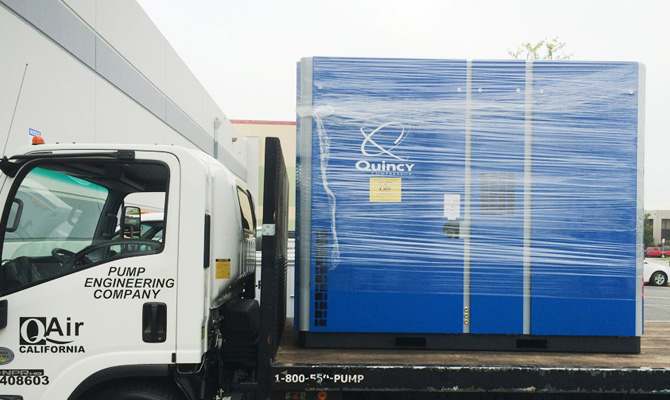
Have you heard about Q Air-California’s in-house service capabilities? Our 22,000 square foot service and repair facility is well suited to handle your compressed air repair needs. Learn more at www.qair.net.


Have you heard about Q Air-California’s in-house service capabilities? Our 22,000 square foot service and repair facility is well suited to handle your compressed air repair needs. Learn more at www.qair.net.
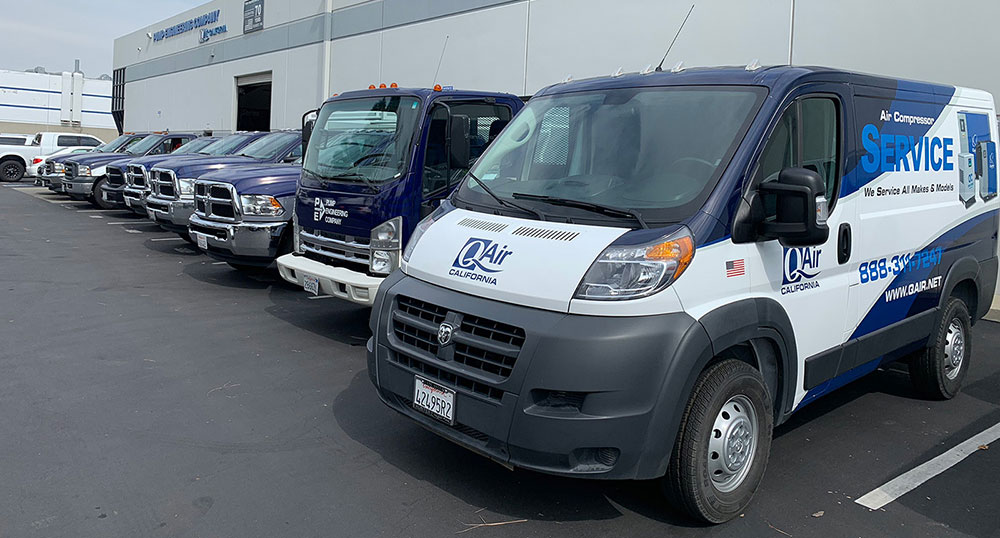
As compressed air systems specialists since 1946, Q Air-California offers the most comprehensive energy efficiency programs and air compressor audits in Southern California to help lower business costs & improve overall system operations. Schedule your compressed air audit by calling 888.311.7247.
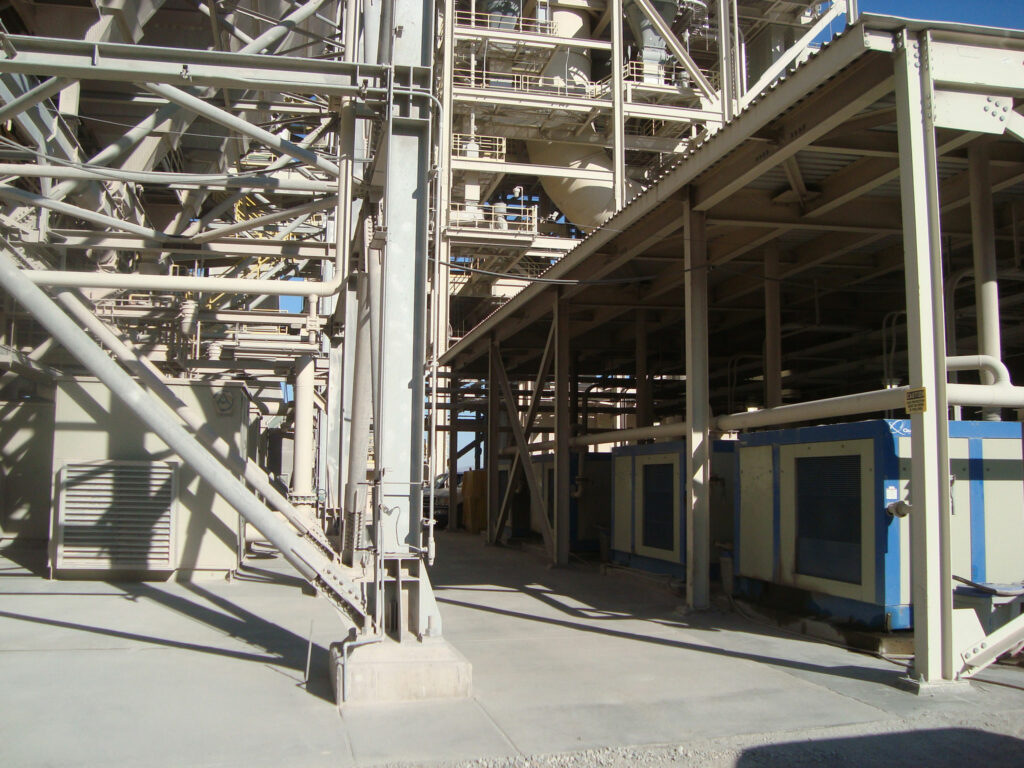
Today’s air compressors are built to last, however, accidents, failures, and malfunctions will occur. That’s when the need for prompt and attentive service becomes incredibly important to your operation. This why at Q-Air we offer 24-hour emergency compressor services to keep your operation running smoothly. If you are experiencing a compressor emergency call our expert team at 888.311.7247.
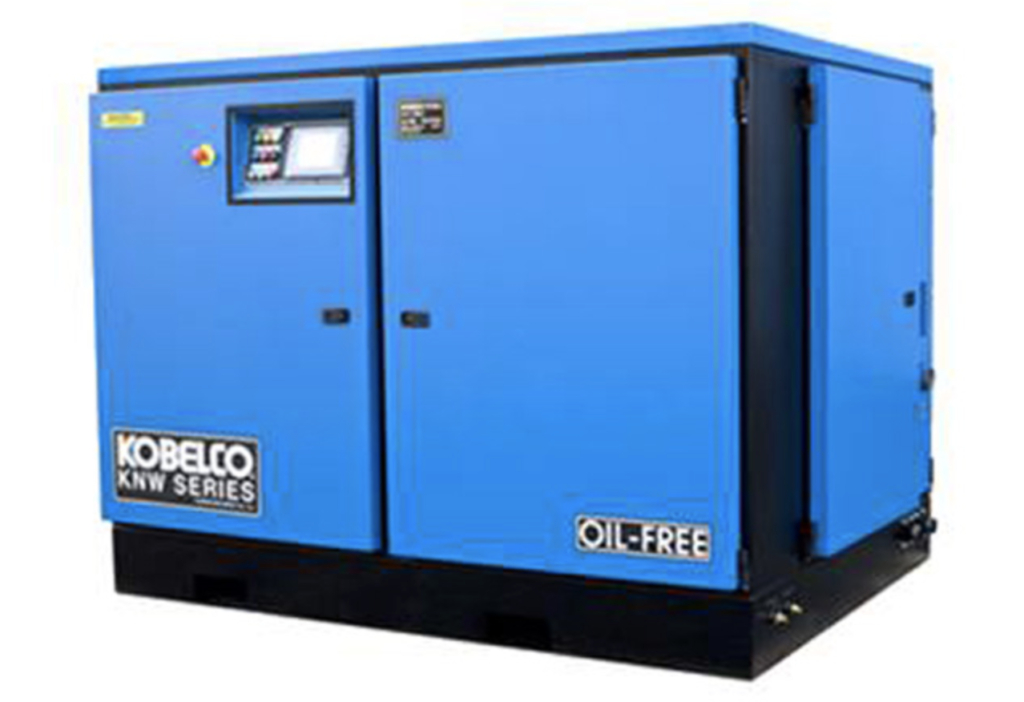
At Q-Air California, we offer oil-free rotary screw compressors for hospitals, medical labs, and research laboratories to utilize without contaminating their air quality. It is our passion to supply industries with high-quality air compressor options to meet operational and safety requirements. Find the right compressor for your industry by contacting our industrial air compressor professionals today!

The technicians at Q Air-California have been rigorously trained to operate on all types and brands of industrial-grade air compressors. If you are experiencing any issues with your air compressor and are unable to locate a cause for a solution, then we strongly urge you to give our team a call at 888.311.7247.
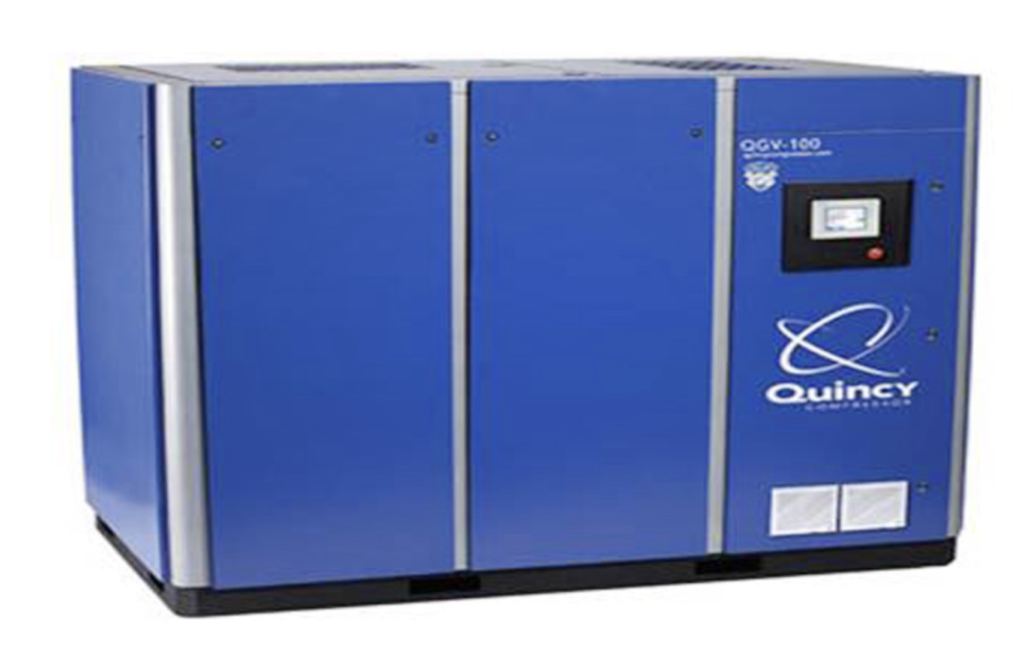
At Q Air-California, we distribute and service a wide range of oil-flooded industrial rotary screw air compressors, including fixed-speed and variable speed compressors from many of the leading manufacturers across the globe, right here in Ventura & Los Angeles. Learn more at www.qair.net.
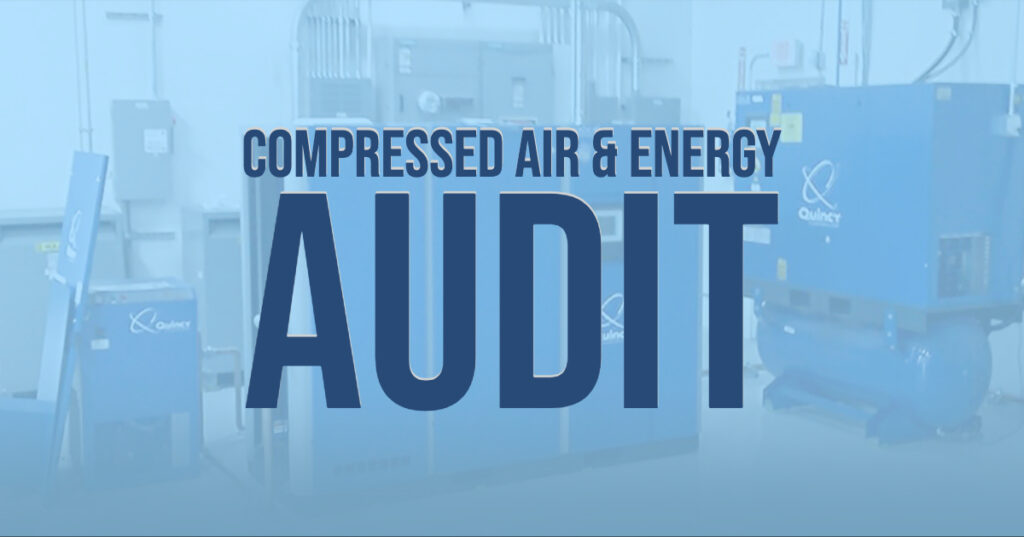
No two compressed air systems are alike, and it takes an experienced auditor to effectively assess and identify areas of improvement. At Q Air, our compressed air and energy audits provide the expert assistance needed to maximize system performance, lower operating costs, and increasing system reliability. Improve your compressed air system by scheduling an audit at www.qair.net.
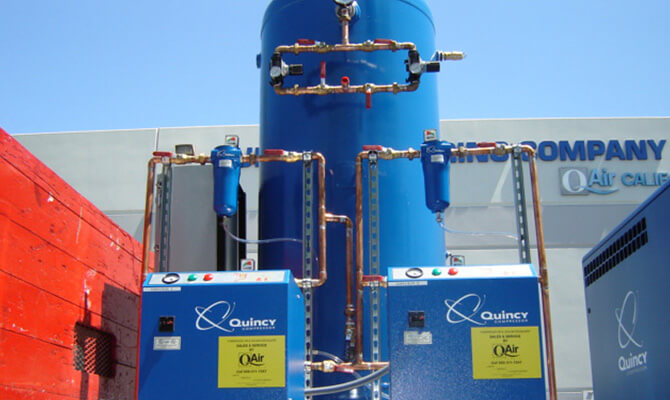
At Q Air-California, we understand that high-quality industrial air compressors are used in a variety of industries. With this in mind, we offer a wide range of industrial air compressors to meet your needs. View our selection or request a quote at www.qair.net.
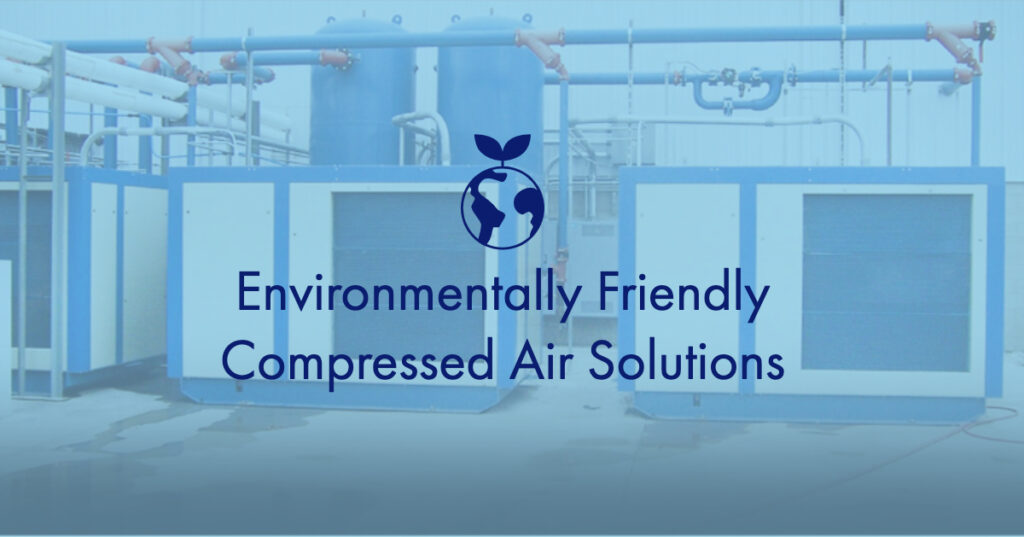
Compressed air is a common source of energy because it’s readily available, clean, and simple to use. Many do not initially think of eco-friendly compressed air as a solution for their operations; however, it is an easy choice with many possibilities.
Environmentally Safe Solution
With the rise of eco-friendly compressor technology, such as oil-free or oil-less lubrication processes, centrifugal processors are becoming increasingly popular as the environmentally friendly solution to creating, using, and storing renewable, clean energy across all industries. We can pair our oil-less reciprocating air compressors with other top-quality equipment depending on your specific application. Our oil-less systems don’t contain any oil in the crankcase or compression chamber. This system ensures that you have enough air pressure for your application and that the air you get is free of contaminants.
Eco-Friendly Compressed Air for All Your Needs
At Q Air-California, we realize that you need clean, dry, and oil-free compressed air for the various applications in many industries including hospitals and food and beverage. This means that not every air compressor will be suitable for your specific needs. We provide custom compressed air packages that include oil-free compressors, rotary screw air compressors, and reciprocating air compressors, among others, so you get exactly what you need.
Discover how you can “go green” with Q Air by contacting our compressed air specialists for more information or to request a quote. We look forward to helping you find an environmentally safe compressed air solution that’s best for your operations.
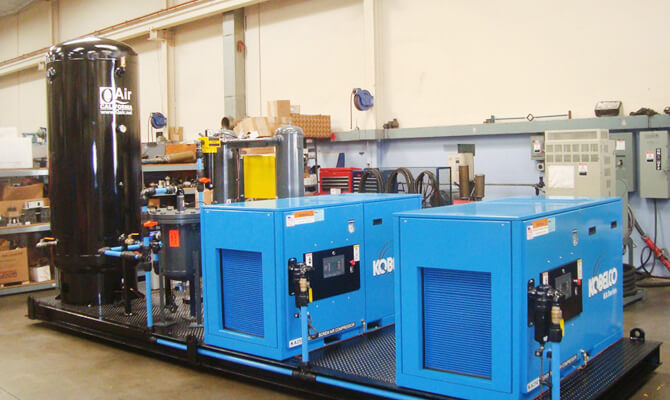
Keeping your operation running smoothly requires equipment that can handle the high day-to-day demands of your work. For many operations, efficient air compressor systems provide strong and reliable production abilities. If your air compressor is old or unable to keep up with demands, this can slow productivity and, in turn, cost your company money. Having the right air compressor for the job could give your company a productive advantage to succeed in your industry. Whether you are looking for new air compressor systems for a new project or to replace old, inefficient equipment, Q Air in Southern California can provide you with the products and expertise you need to make your project successful.
With a wide range of systems, our knowledgable air compressor specialist can help you find the best air compressor for you needs. Our inventory includes well known brands that provide high-quality products that perform at peak efficiency.
Types of Efficient Air Compressor Systems
Reciprocating air compressors, including:
Rotary air compressors, such as:
Roto-dynamic compressors, including:
Available Air Compressor Brands
At Q-Air California, we pride ourselves in not only providing top-rated products but also partnering with the best brands in the industry. Our partners include,
If you don’t see the brand name that you are specifically looking for, don’t panic. We may still offer that brand. We strongly encourage you to give us a call at 888.311.7247 for professional assistance and advice. Even if you do not find the brand you are looking for, we may suggest a similar product from a different brand that may be of equal or higher quality based on several years of experience in the air compressor industry.